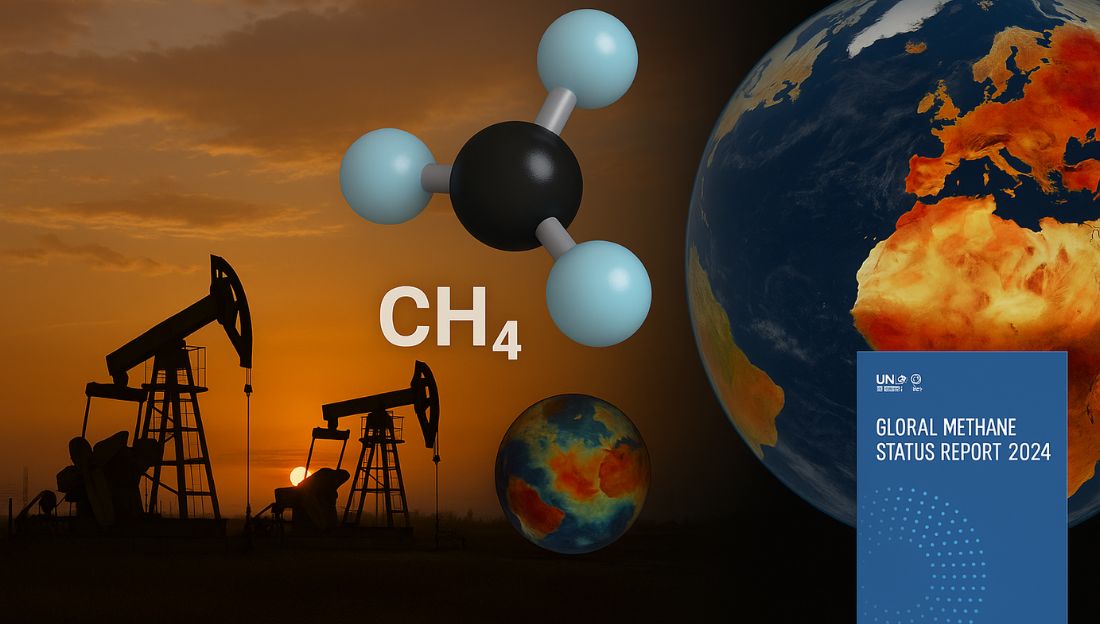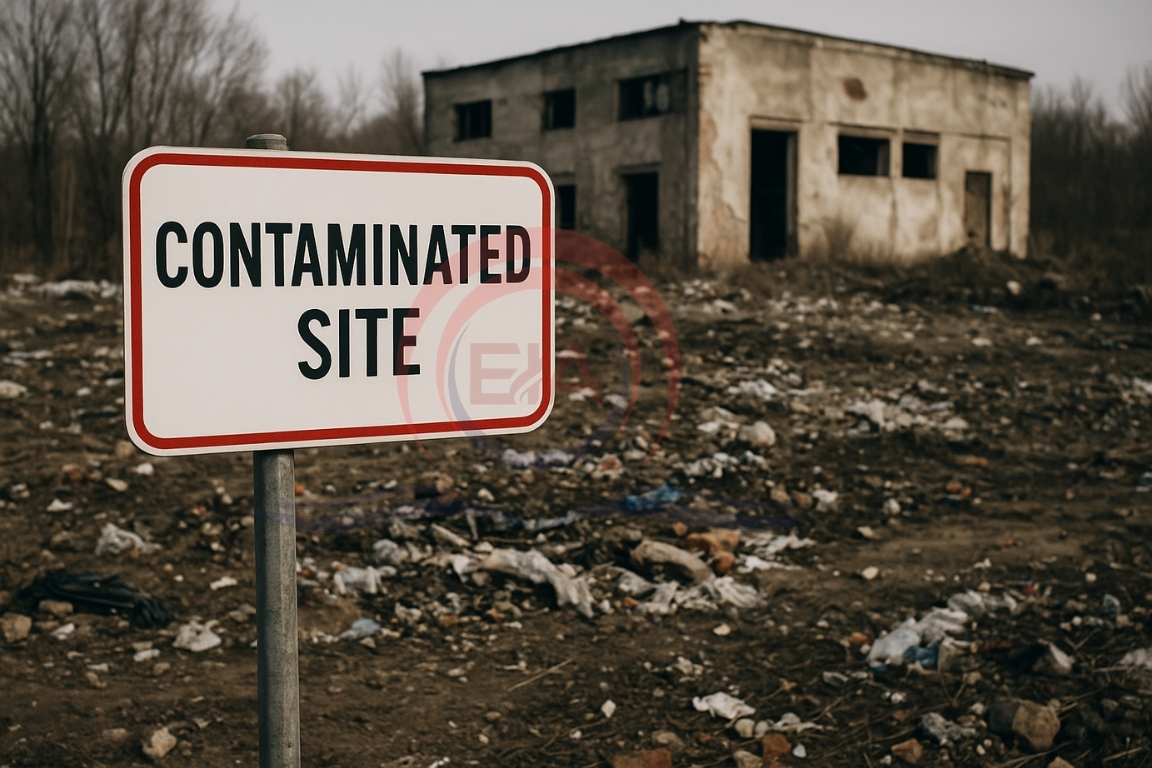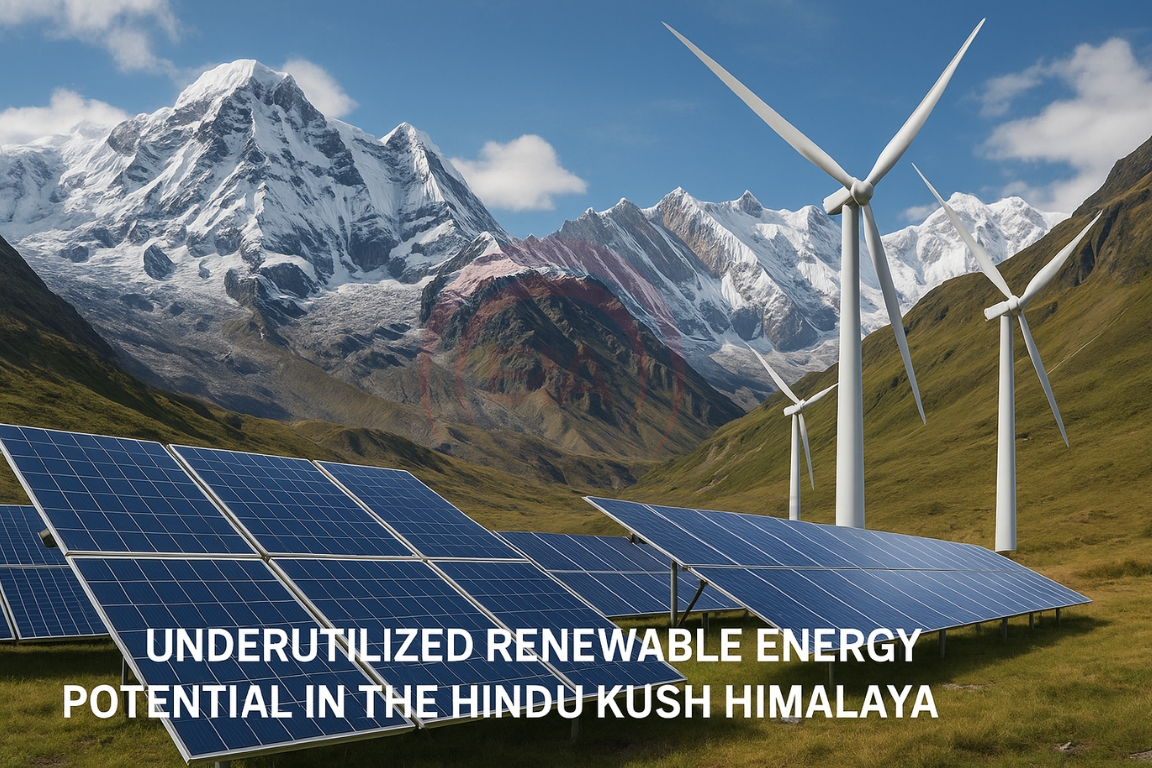The Global Methane Status Report 2025 highlights the urgent need for methane reduction, especially in large emitting countries like India.
About the Report
- Published by the UN Environment Programme (UNEP) and the Climate and Clean Air Coalition (CCAC).
- Monitors progress toward the Global Methane Pledge, which aims to reduce methane emissions by 30% by 2030.
- Tracks emission trends, health, agriculture, and climate impacts.

Key Findings
- Methane concentration has more than doubled since the pre-industrial era.
- Increasing methane emissions may lead to 24,000 additional premature deaths and 2.5 million tonnes of crop loss annually by 2030.
- India is the third-largest methane emitter globally.
- India’s agriculture alone contributes 12% of global agricultural methane emissions, mainly from paddy cultivation, livestock, and crop-residue burning.
- G20+ nations contribute 65% of global human-induced methane emissions but hold 72% of reduction potential.
- If countries fully implement NDCs and Methane Action Plans, emissions could drop by 8% by 2030.
WHAT IS METHANE?
Methane is a gas with the chemical formula CH₄. It is the main ingredient of natural gas used for cooking and energy.
- It is colorless, odorless, and flammable.
- It does not dissolve in water.
- It is also called marsh gas or methyl hydride.
Environmental Importance
- Methane is a powerful greenhouse gas.
- It is 28–34 times stronger than carbon dioxide (CO₂) in trapping heat.
- It is responsible for about one-third of current global warming.
- It stays in the atmosphere for around 12 years, but its impact is very strong.
Where Does Methane Come From?
- Natural Sources: Wetlands, termites, melting ice (permafrost), and ocean floors.
- Human Sources: Rice fields, cow dung and livestock digestion, landfills, coal mining, oil and gas drilling, and burning crop residue.
Why is Methane a Concern?
- It heats the Earth faster than CO₂.
- It contributes to air pollution and ground-level ozone formation.
- Reducing methane gives quick results in slowing climate change.
Conclusion
Effective methane reduction offers a quick and impactful climate solution, especially for countries like India. Addressing agricultural and waste-related emissions is essential for sustainable development and climate resilience.
This topic is available in detail on our main website.





